ORIGINALLY SEEN HERE.
A panel of industry experts gathered to discuss how to rethink operations to maximize long-term asset valuation.
Editor’s note: This roundtable was sponsored by Actabl, whose leaders participated in the discussion but had no influence on the final editorial content.
If you agree or take issue with the notion that the hotel industry is “normalizing” as Hilton CEO Chris Nassetta suggested at June’s NYU hotel investment conference, rethinking operations to maximize long-term asset value is likely the biggest takeaway from the pandemic. The question now becomes, how do you maintain these new best practices and even build upon them?
This was the bigger question posed to a group of industry leaders in early June at a private roundtable held by Hotel Investment Today in New York and sponsored by Actabl, a suite of business intelligence, labor, CapEx and hotel operations management software. Among the big takeaways to create more value for owners:
- develop a holistic approach to improving the P&L, which includes focusing on better and bolder asset management strategies
- maintain relentless pursuit of operational efficiencies and address foundational challenges that include improving company culture to aid retention
- and consider new business and revenue-generating opportunities based on evolving consumer demands
Raymond Martz, CFO, Pebblebrook Hotel Trust; Brian Quinn, chief development officer, Sonesta International Hotels Corp.; Chris Pfohl, executive vice president acquisitions and new business, Pyramid Global Hospitality; Rachel Moniz, chief operating officer, HEI Hotels & Resorts; Steve Moore, CEO, Actabl; and Edie Lowe, vice president of Strategic Accounts, Actabl, discussed the current state of performance and levels of optimism for the near term; how to best work with asset managers; how to better leverage smart technology to drive profitability; how to identify new opportunities to drive additional revenue; and more.
Here is a roundup of the session in a Q&A format.
Hotel Investment Today: What’s your biggest focus as an asset manager or as an organization that works with asset managers?
Raymond Martz: Near term, there has been a lot expense creep. We’ve seen these above inflationary increases a lot in labor. So, we’re trying to best understand the productivity side. Where’s that going and where should we be?
Before the pandemic, we had all our best practices with general managers who understood operations and all the folks in the hotel. Then we lost most of them. Hotels were shut down and we furloughed 1,000 employees. It was horrific as all that institutional knowledge left.
Now we’re reopening and finding a lot of those best practices are no longer around. We have to reinstitute them and get those back into the productivity measures. So, as expenses grow and productivity is less, how do we best attract those people to the new positions while considering demand for the second half of this year. It’s going to be about managing those expenses and we may be going through a period here of hyper-focus on the expense side if the demand side weakens over the next three, six, 12 months.
Labor is by far the biggest expense, and we are also focusing a lot of time right now on energy costs because especially in California the natural gas markets and other energy markets are going out of control. We’ve instituted a lot of energy initiatives. But there’s more technology coming out there and we’re testing them out. We’ve invested into a Climate Fund that pioneers and pilots a lot of this technology from outside the hotel space. We’re taking ideas from what’s going on in multifamily and factories that we can use on our side.
Energy and insurance costs – they’ll go up and down, while labor tends to be sticky. That’s where the focus is, and on productivity training as we bring back our best practices.
Roundtable takeaways: Rachel Moniz, HEI Hotels & Resorts
Brian Waldman: Our management company has a very big focus on revenue management and driving revenue. If my management team was in the room today, they would say that everything that we’re talking about on the expense side is really important. But we need to grow revenue to pay for the things that we can’t change.
So, there’s a huge focus on driving revenue and looking at the data and figuring out how we can shift our hotels to drive revenue. I agree with a lot of the comments about labor being the biggest issue in the industry as our labor costs are up about 30%. But whether it’s technology or other ways, if we become more efficient as operators we’re going to drive the bottom line.
Brian Quinn: Optimizing labor is critical. But if we don’t get the culture piece right, we’re not going to retain the people, and retention is one of the biggest ways to get back that rate of growth without screwing up your P&L.
You also want to give the consumer what they need, whether that’s the amenity package, the aesthetic, what outlets are open. As an operator, you have to figure out where you can really get value to drive flow through and looking through an owners’ lense have have to conduct fierce reviews of ROI. That is what’s critical.
We have couple of ‘smell tests’ around some of the standards. For example, we’re probably not going to come up with a living wall standard and then also have the standards manual state ‘keep pests out of the lobby.’ Having some commonsense approach to standards is critical as is having a fierce focus on ROI.
Think about all the extended-stay hotels that have a lot of check-ins, check-outs long-term stays. You need to renovate those on a little different cycle. You can resurface and reface in bathrooms, for example, versus ripping things out and create a different level of expense. So, being rational with the standards is important. You have to meet the consumer where they are, but you can make a lot of things newer and be competitive without spending money in places that don’t make sense.
But ultimately, we must crack the labor piece and we must watch how much on the fee side we’re loading up these hotels as a franchisor. It’s all hands on deck because we really do have to look at the P&L and where the money’s gone.
Roundtable takeaways: Brian Quinn, Sonesta International Hotels Corp.
Rachel Moniz: As a third-party manager, it’s really important that we understand what is important to the asset manager and together we execute the business plan. If we own the asset, it’s knowing exactly what’s driving the expenses, which yes, is labor. Then, it’s peeling back the onion and understanding that 20% of our labor premium is overtime and contract labor. We have to move more labor in-house and must retain our people.
Expense creep is also about the cost of goods. We’ve had to make monthly menu pricing changes to all of our banquet and catering menus, as well as restaurant menus. You have to be able to move really quickly to keep up with inflation… Laundry expenses have gone from $3 per occupied room to $5, $6. Those are huge increases that our hotels are taking. That’s why it’s important to negotiate fees. It’s important to find those incremental things that will contribute to overall profitability.
Also, you mentioned that Chris Nassetta said that things are starting to normalize. We just got through May and we expected a lot more from our business transient customers. So, I don’t know that I agree with his statement. We’ve had some strong group business, but I don’t know if it’s going to hold, and I don’t know if their programs will be as big as they were before.
Our general managers were never closer to the rest of their staff as we came out of COVID because we obviously reduced a lot of the layers. As a firm, we have decided to keep that in place. We are putting department heads back very selectively in our hotels – where we actually need them, where it’s required and not all hotels. I will ask the questions, ‘why are we adding a catering sales manager? Is there enough demand?’ It’s that level of intense focus that’s really important… You can’t force a consumer to buy, you can’t force big citywides to come back. So, you have to deal with what you can control… We’ve eliminated some pretty big salaries and creating some real value.
Roundtable takeaways: Edie Lowe, Actabl
Edie Lowe: In regard to the discussion about labor, it’s really important that you all have a forecasting tool that integrates with your labor platform, or your scheduling piece and that you’ve reevaluated your labor plans. We’ve been at zero staffing levels with a front office manager pulling six hours at the front desk checking people in and out. Three years ago, that wouldn’t have happened. So, it’s really important that those tools communicate.
Hotel Investment Today: How do you convince owners there is value in adding to their tech stacks
Steven Moore: Scale across several hotels or 100 hotels – that benefit to being able to raise more capital, generate more fees, invest in more hotels – it adds up over time.
Talking about labor, there’s still so much inefficiency in planning, and there has also been discussion about the culture piece. We’re doing a big initiative with our engineering/housekeeping software. Those departments don’t always get along as well as they have been, which leads to a lot of inefficiency and extra expense. So, we can create a culture that’s more than one team versus another. We can tell that story that retains talent and actually goes to the bottom line. You can hopefully scale some of these best practices to multiple hotels. I think it’s a very long-term game.
Raymond Martz; Typically, when we’re making these investments, we’re looking for a six-year return on capital. Some areas are a little more straightforward, and you have confidence in some of that technology. I would just caution that the hype and attention behind the tech is always there. So, we have to make sure it’s proven out.
For some energy investments we may be willing to live with a lot lower ROI because there’s a higher likelihood of getting that return. For other, less profitable areas you probably want a shorter term. The way we look at it, every dollar we grow the bottom line is increasing the value of the asset by about $13.
Roundtable takeaways: Steven Moore, Actabl
Hotel Investment Today: Where have you been able to add value to an asset by changing the business mix?
Brian Quinn: We’ve been able to create value in a number of our assets by finding opportunities within the box. For example, bringing retail to a hotel on the ground level not only becomes a revenue generator, but it just makes the asset more attractive by investing in the lobby space.
It’s interesting when people talk about converting assets to workforce housing and we had a lot of people that approached us about certain assets, and zero of them panned out.
Chris Pfohl: We spend an awful lot of time upfront, looking at real estate to understand other opportunities to develop more keys, a restaurant or bar.
We also spend a lot of time with successful entitlements that took place, and in some cases were never executed. They’re just there and could be an incredible venue for outdoor events and weddings that can rent out for close to $60,000 a month in season. So, we’re looking outside of the resort.
The other way is to just look at assets and try to figure out how to get more revenue per square foot. It’s really total revenue spent in the property and can be as simple as having an iPad at the front desk to upsell suites. The wife always says yes.
We have eight or 10 rooftop bars in our company and they’re tremendous assets if you run and control them right to add revenue.
Raymond Martz: If you’re pivoting the restaurant concept to more of a bar-focused concept, that’s usually better because you’re making more money on drinks than on food. With labor costs being more of a challenge and labor shortages, we’ve been converting more of our restaurant or lobby spaces.

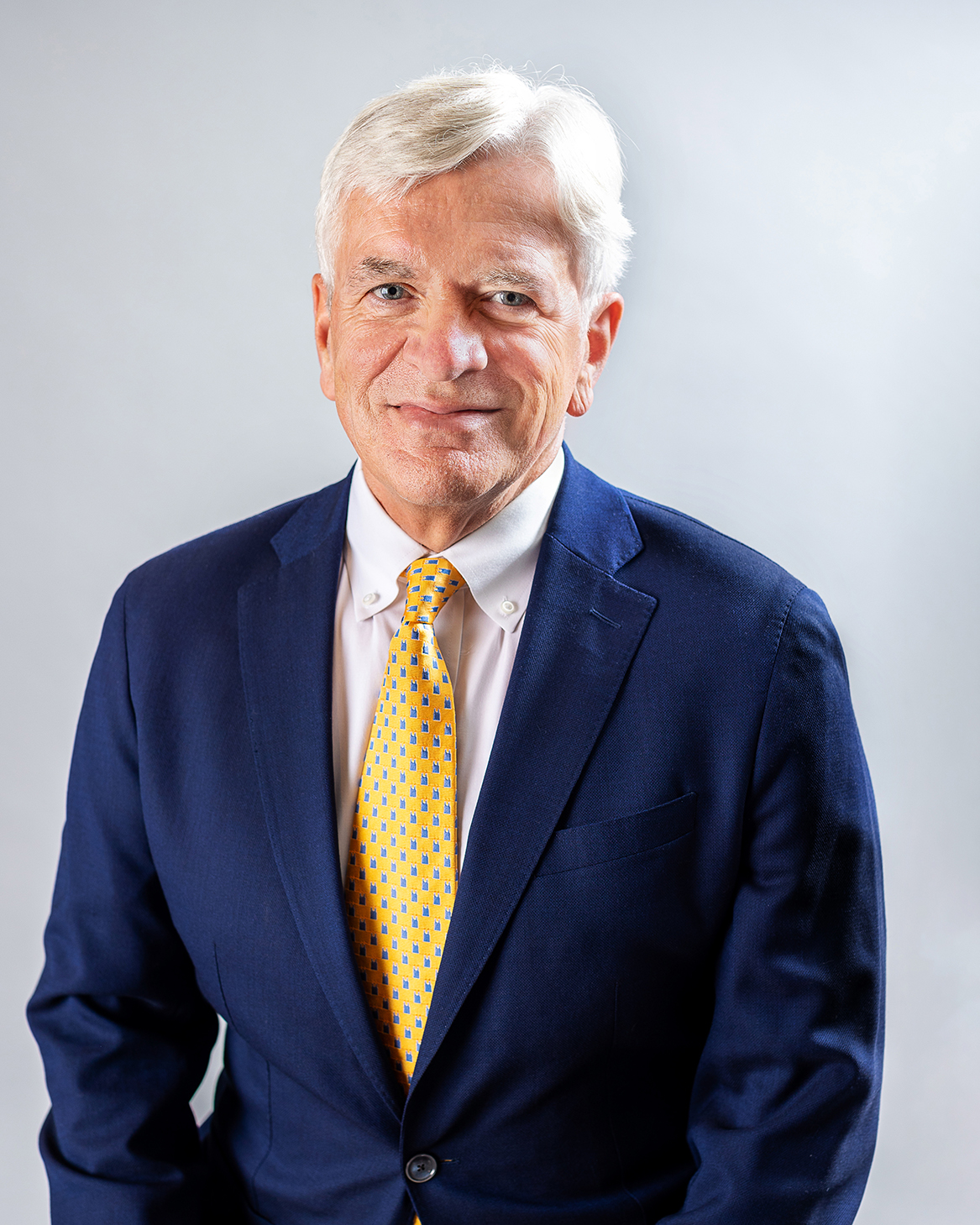
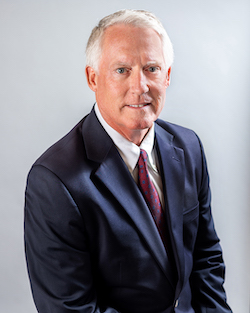
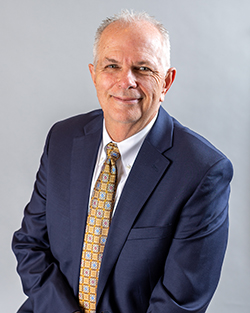
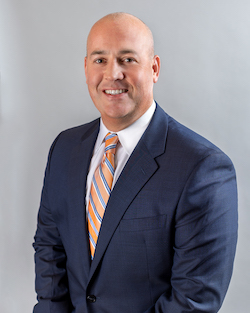
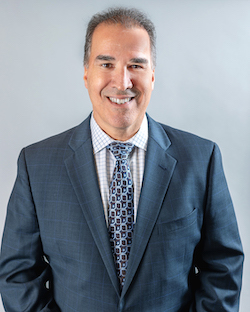
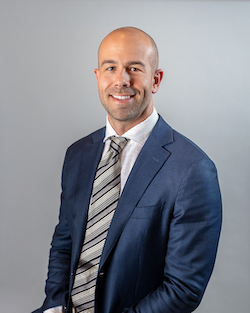
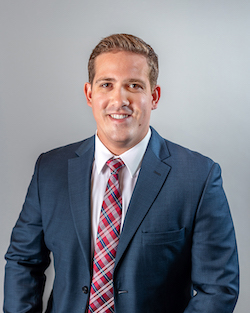
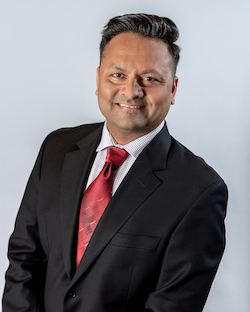
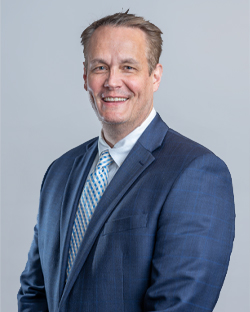
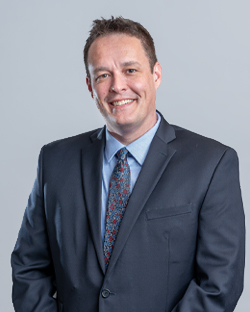
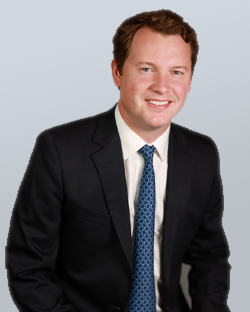
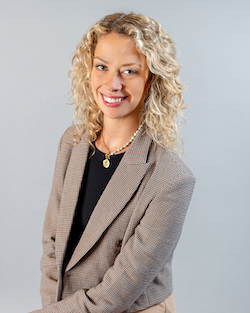
Leave a Reply